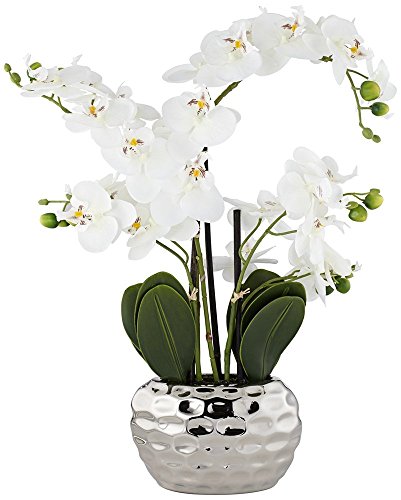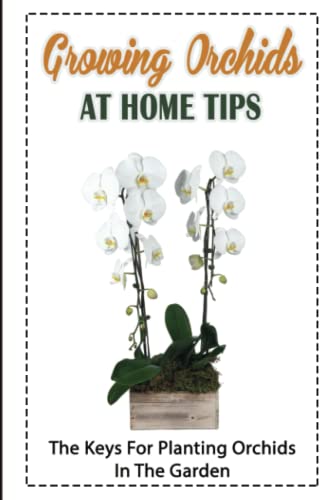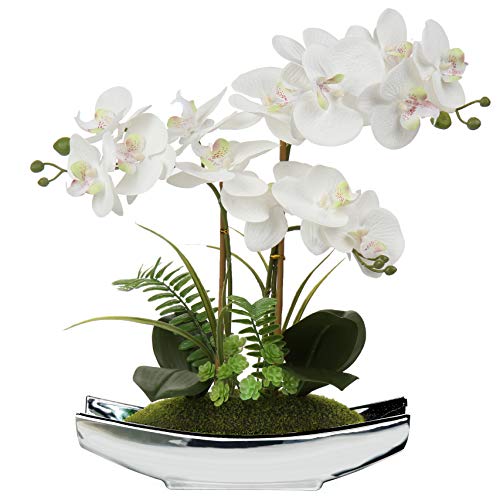Some good thoughts here- especially Tyrone and Ed- but I think a few things are worth noting.
1. Being a cutting edge orchid hybridizer, much like having a Haute Couture line in Paris, has almost never been a richly profitable enterprise for anyone. Even looking back 60+ years to the heyday of the great US orchid nurseries, the bread and butter income that put food on the table and funded the rest was in the cut flower market (which today has morphed to being a combination of pot plant and cut flower market.)
2. Ever since I started growing orchids in the early 1980s, and looking back to friendships and professional relationships I had with growers who got started in the 60s and 70s, more often than not the most highly regarded hybridizers made their real money elsewhere. Orchids were a side income, or a retirement dream. Sure many of these individuals turned (and in some case still turn) a profit- but not enough by itself to sustain the pristine growing conditions and cash flow needs to run a top hybridizing program long term, and certainly not enough to sustain the lifestyles to which they were generally accustomed.
Taking 1 and 2 into account, it is a bit of a continuum from there- and a lot of one's judgment as a full or part time commercial vendor depends on your perspective based on when you came into the game.
You also have to take into account the general public and its trends when it comes to what I call "dedicated hobbies"- meaning there is some serious work involved outside of just buying and collecting something.
The late 80s and early 90s is when orchids as a pot plant market really got underway in my opinion. It was led by Hawaiian growers and very often it was closely aligned with cutting edge hybridizing.
It then evolved into mericloning, and vast population of substandard plants when mericloning was taken to excess.
In recent years it has gotten worse to where you now have not just that phenomenon, but also a great emphasis on so-called "harlequin" Phals (which is a nice way of saying genetically unstable crap) and even plants that have flowers artificially dyed blue, green and all sorts of other impossible colors in much the same manner as poor baby chickens sold on the roadside for Easter a generation ago.
I personally do not buy into the argument that this cheapening of the hobby to attract a wider audience does anything to eventually expand the population of more serious growers. Just ask the AOS how that went. Or indeed look at head count at your local orchid society. Internet forums as well- how many serious growers are there on the small number of orchid forums that are catered to specialized growing?
Long story short, I think there are 2 issues here. On the one hand we have a shift of the bread and butter- food on the table revenue streams that orchids can generate shifting from the continental US to Hawaii, and now to Asia- and all along the way larger volume retailers taking over more of the retail side of the equation.
On the other hand, you have a certain "dumbing down" effect that comes and goes in waves in any society. Not just orchids- quilting is down quite a lot, as is paperweight collecting, gemcutting, antique wood furniture and restoration, fishkeeping- any number of serious hobby and specialized retailer/service landscapes are shrinking.
They will come back in time- but it won't be over Dendrobiums setting new low retail points or the next "Finding Nemo" movie.
The urgent problem I see with the Dendrobium thing is shows. Good vendors at local shows are a key to finding those few potential orchid growers who will do the research, find other good vendors, get involved and also seek out internet forums. But those vendors are not going to come to many of the smaller shows when they know they are going to be selling plants alongside pot plant vendors undercutting them on price in a big way. A very few vendors at certain shows can make their money, plus get the value of presence exhibiting, just with cutting edge seedlings. But for most- blooming plant sales to newcomers are a key revenue stream. Adding Dendrobiums into the mix as cheap pot plants can make shows much harder IMHO.
Our hobby will survive either way, but the sooner the general public stops thinking of orchids as something you can get at the grocery store for $10, the better off all of us who are serious growers will be.




































